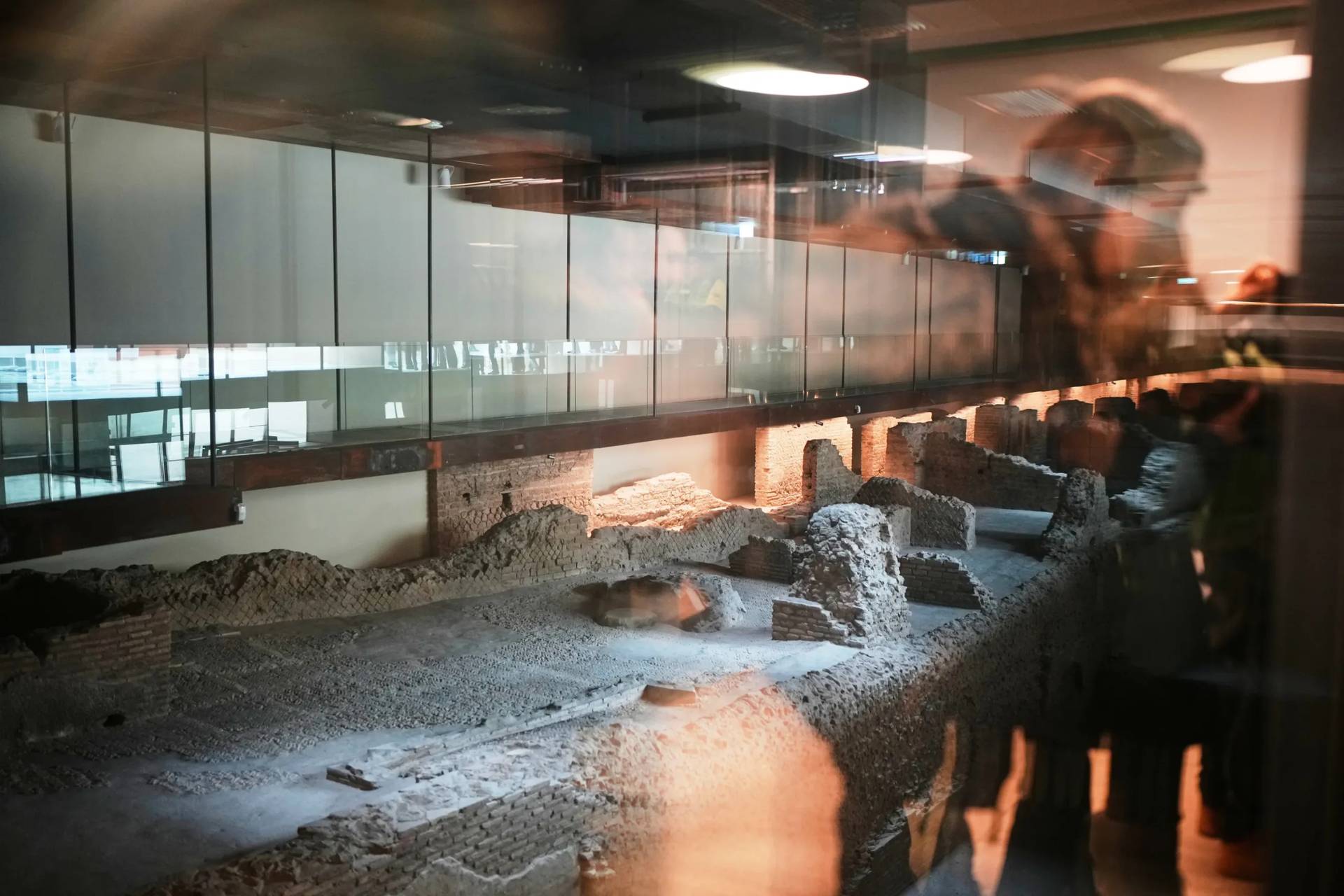ROME – Two days after pro-life activists in the United States marched in Washington D.C., thousands paraded in the streets of Paris, France on Jan. 20 to support life and the unborn.
“All the evil in the world is summed up by contempt for life,” said Pope Francis in a letter addressed to participants of the Paris March for Life delivered by his ambassador to France, Italian Archbishop Luigi Ventura.
While pro-lifers in the United States have much to be optimistic about these days, especially given the new makeup of the U.S. Supreme Court, France is in a period of social and political turmoil as the country faces important and divisive decisions concerning bioethics.
According to official data, over 7,500 people marched on Sunday to promote the protection of life. The Paris March for Life staged its 13th edition on the day that abortion was made legal in the country in 1975.
Numerous French bishops offered their support and participated in the event, including the Archbishop of Paris, Michel Aupetit.
“Choosing life is an expression of freedom,” he wrote Jan. 16. “We must be free from all the deadly and dominant social pressures to defend life today. It takes a lot of courage.”
The rally is organized by many French pro-life organizations, including Choosing Life, Catholic Renaissance and the world famous Jérôme Lejeune Foundation. But this year, French pro-lifers marched amid turbulence created by a national bioethics debate and political unrest fueled by the “Yellow Vest Protest.”
Back in January of 2018, French President Emmanuel Macron met with French bishops to encourage them to take an active part in the nation’s political debate especially concerning a proposed national dialogue on bioethics, ranging from allowing in-vitro fertilization for same-sex couples and single parents to euthanasia.
At the time, the pro-choice president also warned the Catholic leadership that while they’re encouraged to speak, that wouldn’t necessarily mean that their positions would prevail. As initial drafts from the national assembly on bioethics begin to emerge, concern over how much the Catholic voice will be heard has increased.
Catholic conservative and family-based points of view may find a powerful ally in the “Yellow Vest” protesters, who’ve been challenging Macron’s policies for weeks and whose positions are hard to pinpoint but strongly tilt to the political right.
“There are many of our walkers who have put on a Yellow Vest, we know it,” organizers of the rally told local news outlets. “There is a common distrust towards politics, the government and its methods.”
An online survey of the “Yellow Vest” movement by France’s Economic, Social and Environmental Council (CESE) found that its position has become increasingly more conservative.
The number one demand among the protesters was repealing the “Taubira Law,” which legalized same-sex marriage in 2013. Other points of interest for about one third of those taking to the streets include “a real policy for families” and the elimination of subsidies for green energy companies.
The survey also showed that most protesters opposed revision of the law on bioethics, especially the idea of allowing gay couples and single women to have access to in-vitro fertilization.
The results of the debate will emerge sometime in the summer and it’s still difficult to determine its outcome, but this year’s Parisian March for Life may point to a future alliance between the blue collar, grass-root and increasingly conservative “Yellow Vest” movement and French pro-lifers on family and bioethics.
Even if united, pro-lifers and “Yellow Vests” face an upward climb if they wish to stop revision of the assisted reproduction law. According to a study by the Catholic newspaper La Croix, up to 60 percent of French people support its expansion to include same-sex couples and single women.
The theme of this year’s march was a call for conscientious objection to performing abortions by medical professionals, as rumors spread that the current administration wishes to change this provision of French law.
Government sources insist they have no plans to eliminate conscientious objection, but nonetheless doctors and nurses marched on Sunday with banners reading “I am a doctor and I do not kill.”
About 200,000 abortions are performed in France each year, a number that has remained stable ever since the legalization of abortion, which in the country can take place until 12 weeks after conception.
















